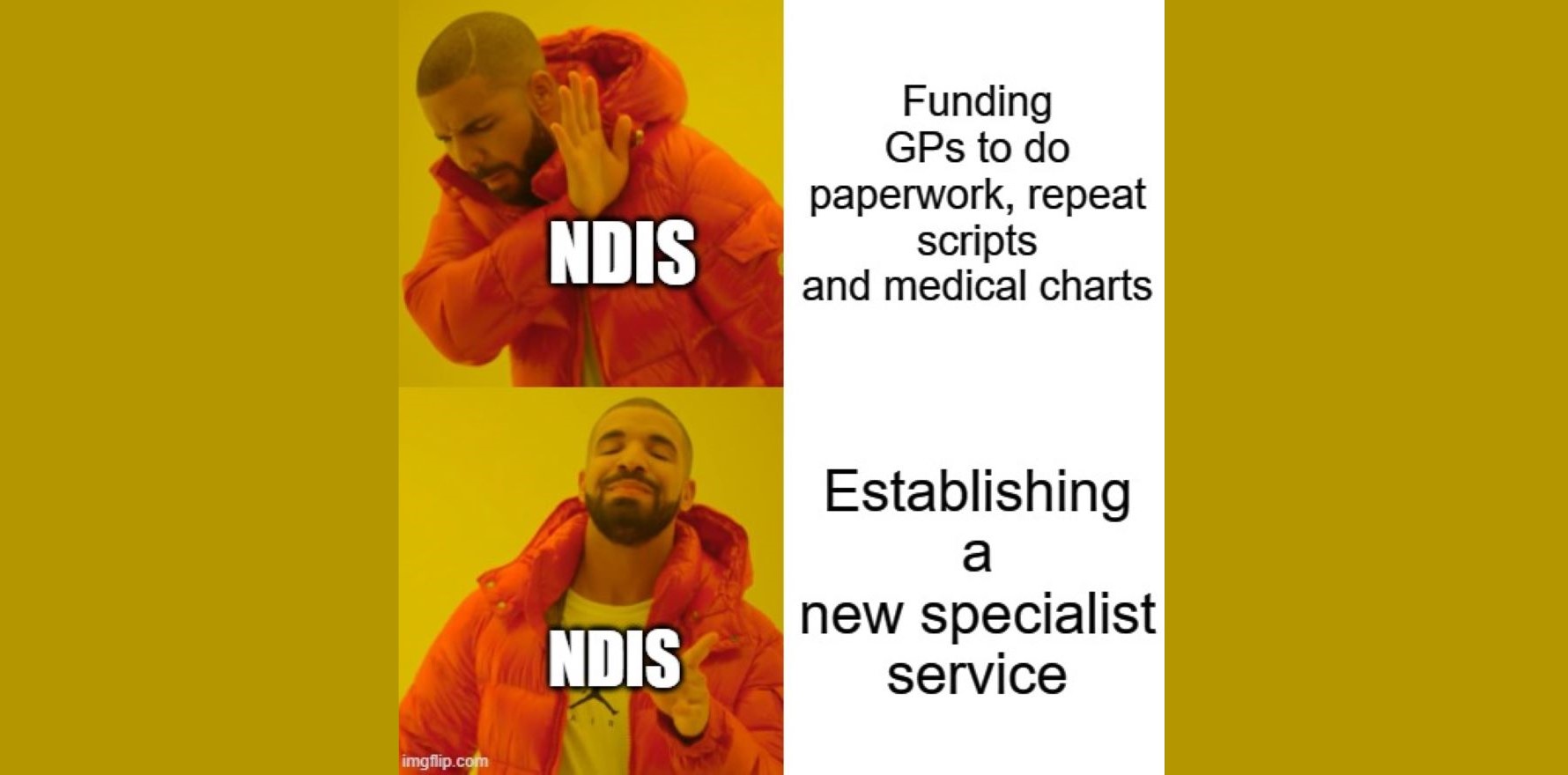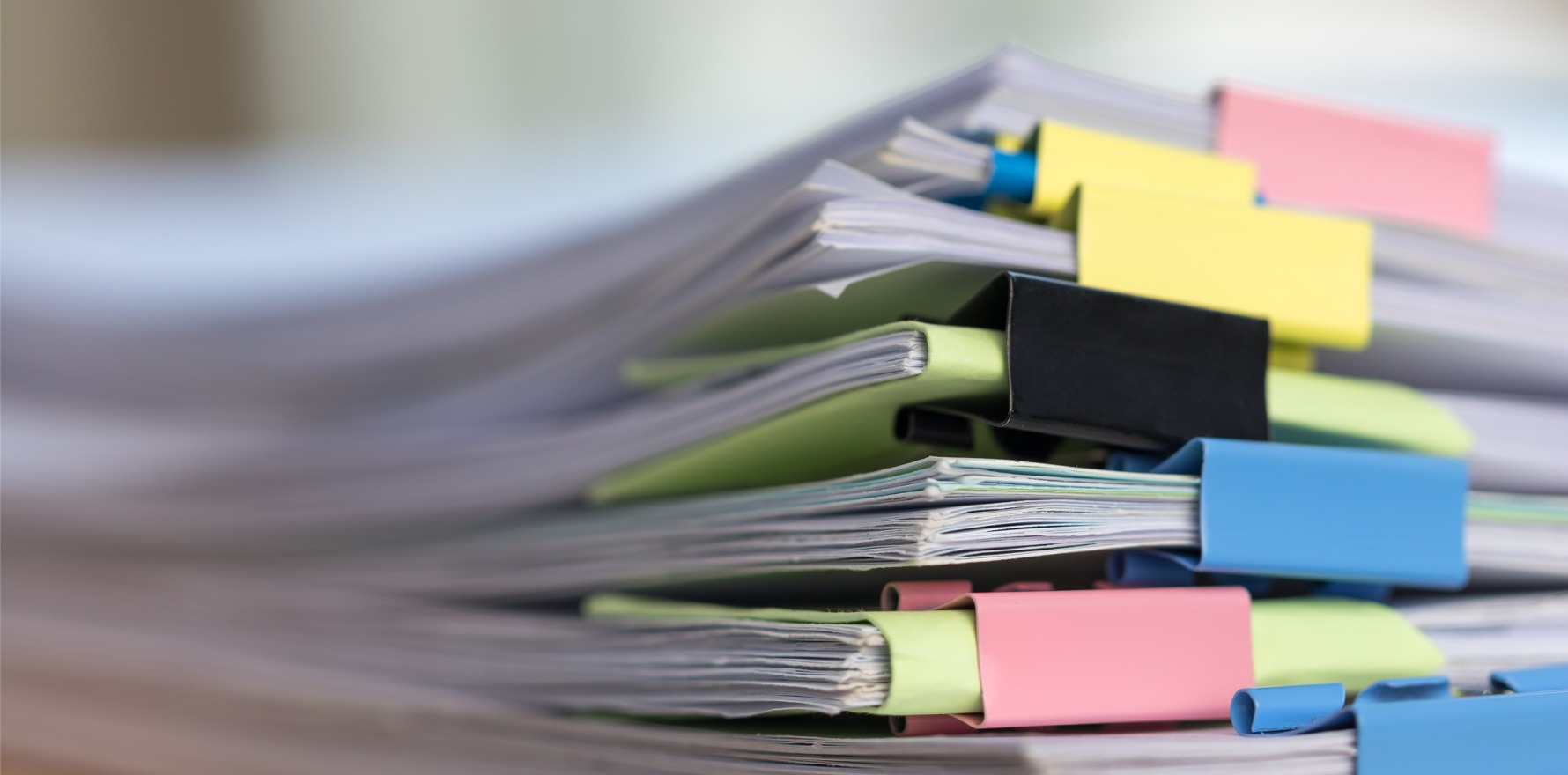The lacklustre Commonwealth response to the disability Royal Commission has attracted the ire of the royal college, among others.
The RACGP is calling for GPs to be paid for NDIS paperwork, after the federal government accepted a “disappointing”13 of 172 recommendations from the Disability Royal Commission.
It has accepted a further 130 “in principle”, and most of the remainder fall under state and territory jurisdiction.
A total of $371 million has been allocated to the Commonwealth response so far.
The RACGP labelled the meagre offering of fully supported recommendations – none of which recognised the role of general practice – “disappointing”.
The college called for GPs to be remunerated for NDIS paperwork, which includes contribution to a care plan or referrals, which is currently undertaken pro bono.
“GPs are expected to do paperwork for NDIS for nothing, and we do this out of hours, outside of consulting time,” RACGP president Dr Nicole Higgins told The Medical Republic.
“I also speak with lived experience – my sister is on the NDIS with a disability.
“The fragmentation of care between all of her providers, and with the GPs … if I wasn’t there as a doctor to help navigate the system, it would have a significant impact on her health.
“This is the experience that most people in the NDIS have.”
Dr Higgins said GPs often provide evidence of disability for NDIS applications, including assessments and reports. All for free.
“This isn’t just a matter of fairness,” she said.
“Unremunerated work can really impact practice viability at a time when we’ve already seen too many closures.
“These have included practices that support the more vulnerable members of our communities.”
The college also called for GPs to automatically receive a copy of patients’ NDIS plans, with consent, as requesting a copy was frustrating for doctors and patients alike.
Dr Higgins told TMR that this would prevent duplication and wasted funding, and support GPs providing “whole person” care.
Finally, the college called for an immediate 20% increase in Medicare rebates for consultations longer than 20 minutes.
“Our patients are disadvantaged due to the low MBS rebate that they receive from the government when they see their GP, compared to what is remunerated through NDIS funding to their allied health provider or other service providers” Dr Higgins told TMR.
Dr Higgins added that GPs were not sufficiently consulted in regard to their role in disability care and should be recognised.
“The problem is that the NDIS system is so disconnected from a patient’s family doctor that it fragments care and doesn’t recognise the relationship that a person with a disability has with their GP,” she said.
Several other service providers spoke out about the government’s response.
People with Disability Australia interim president Marayke Jonkers told AAP the government’s response was a “kick in the guts”.
“Today is really devastating, disappointing and quite a shock for people with disability,” she said.
“We really poured our hearts out and relived very traumatising things to fill three volumes of this commission and we did that to make meaningful change.
“But we don’t have certainty on if, and how, that will happen.”
Related
Queensland Advocacy for Inclusion chief executive Matilda Alexander said the government was “cherry-picking”.
“Those recommendations build a picture of an inclusive society for all of us,” she said.
“So if you do one bit of the picture without doing the rest, you’re going to fail.”
The NSW government also issued its own response to the Royal Commission.





